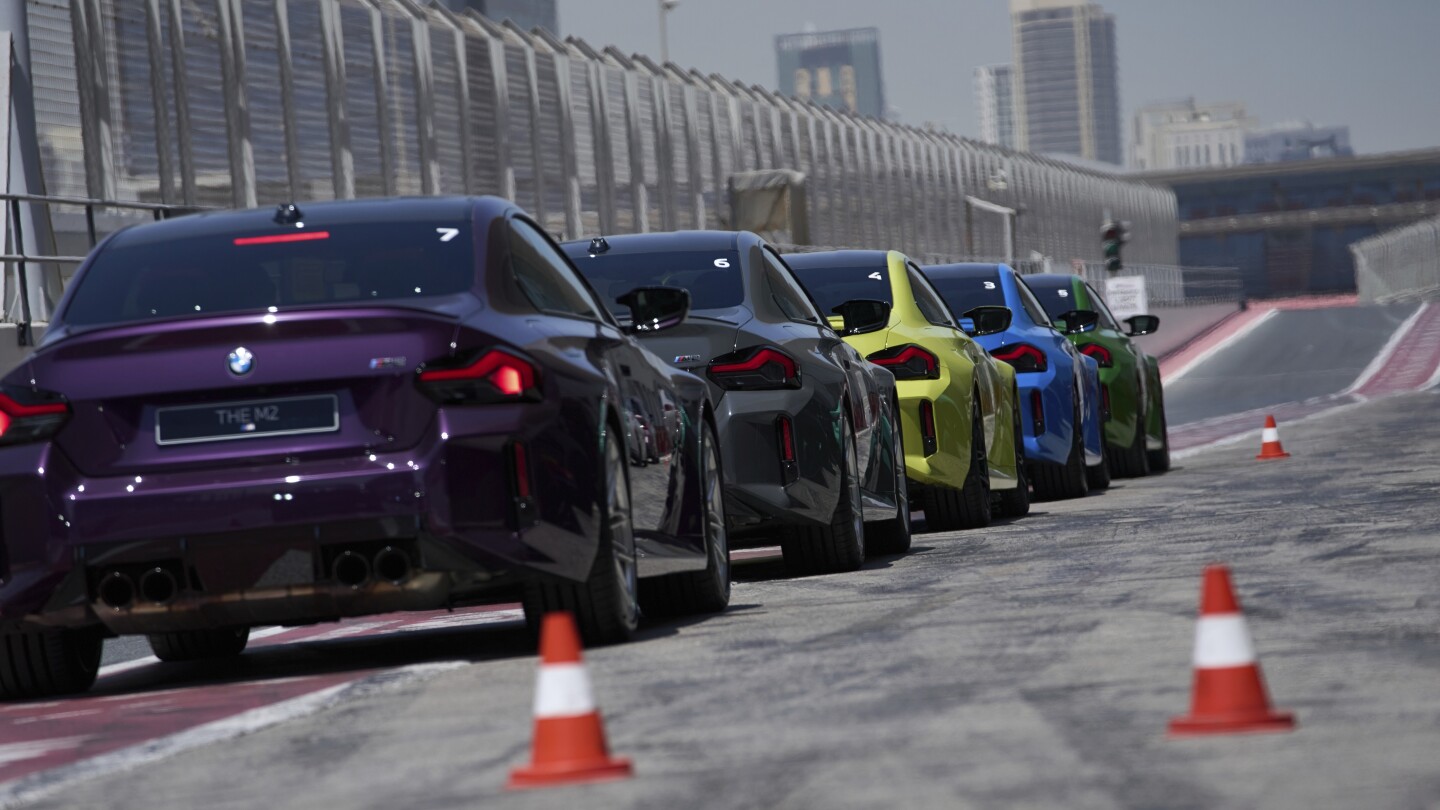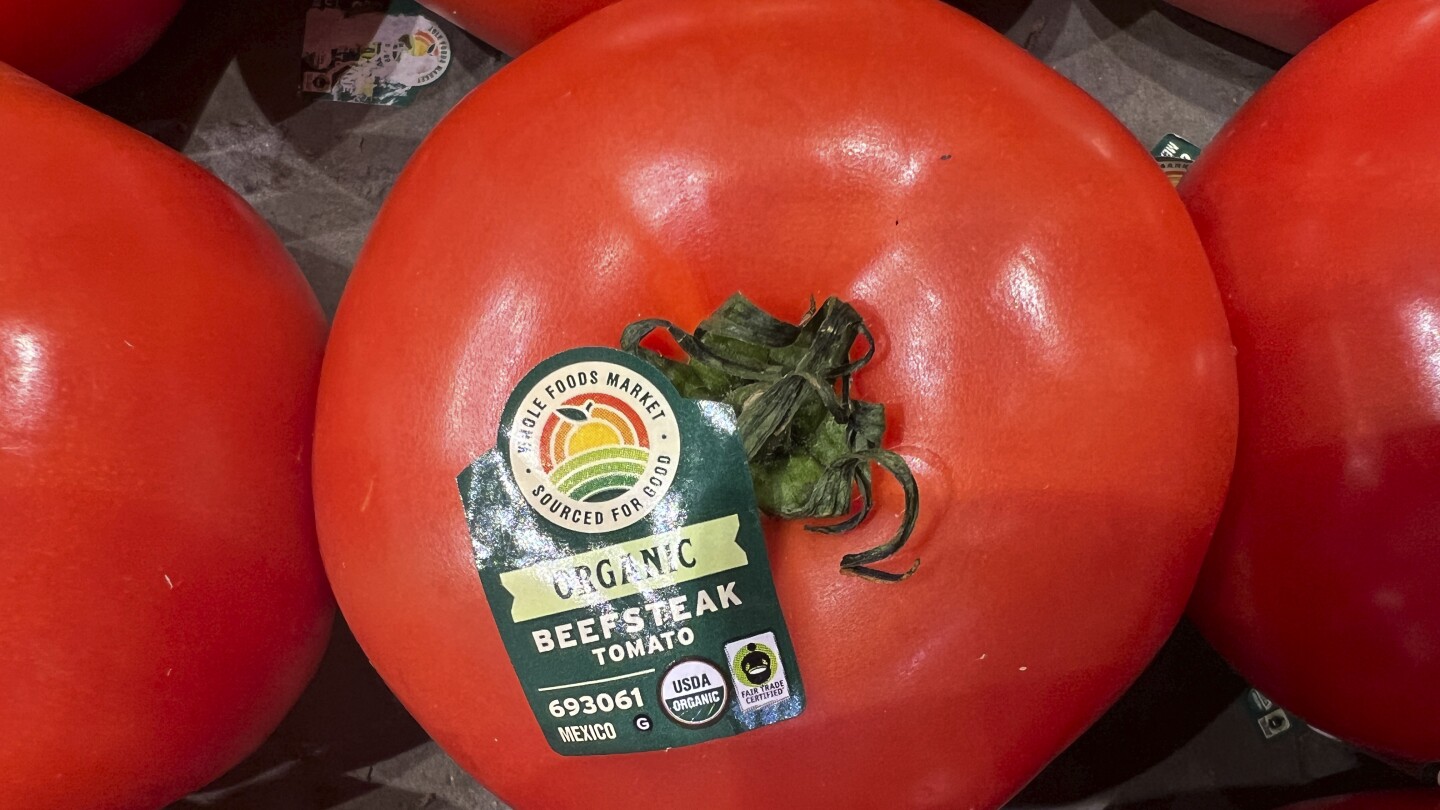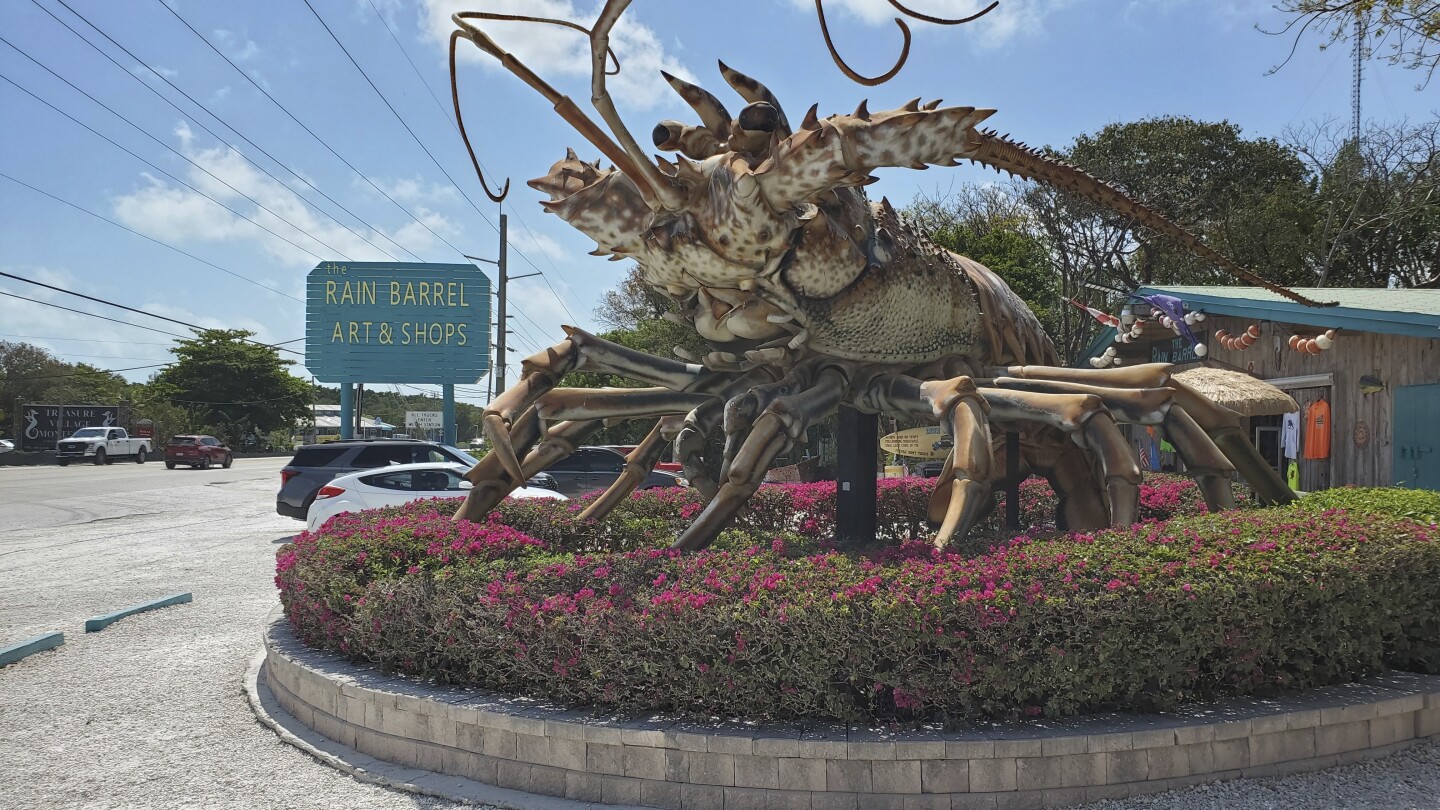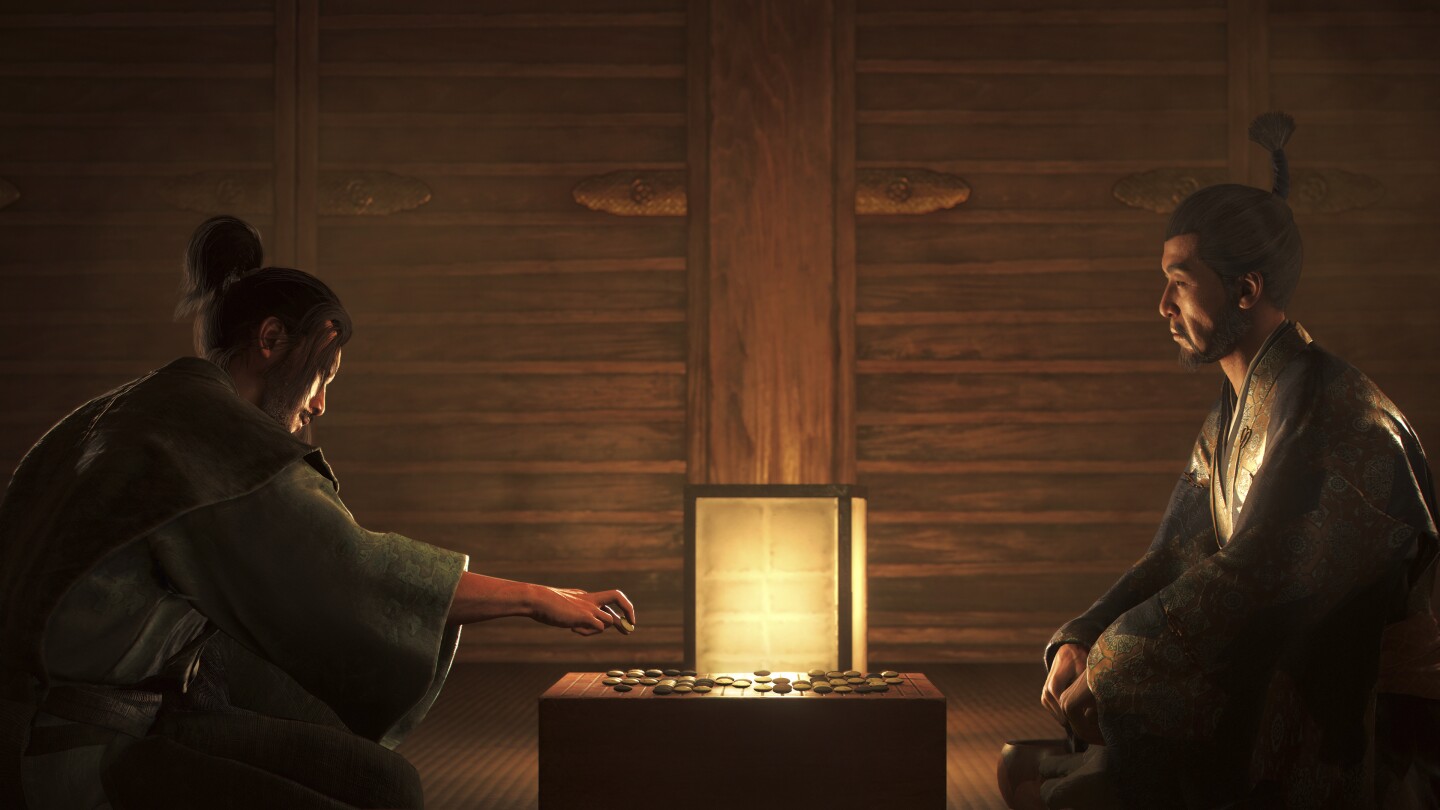Lifestyle
Region’s first all-female supercars club continues shattering gender boundaries

DUBAI, United Arab Emirates (AP) — They socialized, shared stories and laughed together. Some are engineers, some are entrepreneurs, others are housewives. But these women all share a common passion: their love of supercars.
Dozens of women gathered over the weekend in Dubai to take part in a car rally across the United Arab Emirates.
The event was organized by the region’s first ever all-female supercar owners club, the Arabian Gazelles, and saw 30 women living in the UAE and abroad take part in a four-day tour of the country.
Arabian Gazelles was created eight years ago by Hanan Mazouzi Sobati as a way to give women a seat at the table in the automotive scene
“It’s really a product of sheer frustration … because women were overlooked in this automotive scene, and I thought someone has to do something about it and to bring in more women and to drive the change,” Mazouzi Sobati said as she drove her Lamborghini on the road to Fujairah.
Her passion for cars goes back as far as she can remember. While kids her age were watching cartoons, she says she was watching Formula 1. And the passion for supercars has now become the driving force for something even bigger: changing people’s mentalities and perception over women and supercars.
Mazouzi Sobati saw how it was mainly men who were invited to car experiences and automotive events. When she set up Arabian Gazelles she says she was the only woman at these events, and even then, she went instead of her husband who was the one getting the invites, despite him not being a supercar enthusiast.
She said brands wouldn’t support an all-woman car club at the start
“We want people to stop thinking there’s always a man because they see a woman in a supercar; either a husband, a partner, a sugar daddy,” she said.
They have come a long way however, and Mazouzi Sobati is slowly seeing perceptions change.
As part of the Arabian Gazelle rally, the women were invited by BMW to test out cars on the race tracks.
“We do not need permission to drive, or to choose what kind of cars to drive. We do not need permission to have this passion,” she said. “We do not wait for a seat at the table, if the seat is not available, we create the table and we all sit.”
Lifestyle
Amid Cinco de Mayo celebrations, a tax on Mexican tomatoes looms

Guacamole has been spared from tariffs for now. But salsa may not be so lucky.
While President Donald Trump put threatened tariffs on Mexican avocados on pause, the U.S. government plans to put a nearly 21% duty on fresh Mexican tomatoes starting July 14. A duty — like a tariff — is a tax on imports, and this one would impact the 4 billion pounds of tomatoes the U.S. imports from Mexico each year.
Proponents say the import tax will help rebuild the shrinking U.S. tomato industry and ensure the produce eaten in the U.S. is also grown there. Mexico currently supplies around 70% of U.S. tomato market, up from 30% two decades ago, according to the Florida Tomato Exchange.
“Unless we even the playing field in terms of fair pricing, you’re not going to have a domestic industry for fresh tomatoes in the very near future,” Robert Guenther, the trade group’s executive vice president, said. Florida and California are the top U.S. producers of tomatoes, but most of California’s crop is turned into sauces and other products.
Opponents say the duty will make fresh tomatoes more expensive for U.S. buyers. NatureSweet, a San Antonio-based company that grows tomatoes in Mexico as well as the U.S., said it will be paying millions of dollars each month in duties if the decision isn’t reversed.
“We will look for ways to adapt or streamline our operations, but the truth is, we are always doing that so we run an efficient business already,” said Skip Hulett, NatureSweet’s chief legal officer. “Produce is not a large-margin business. We’re determining what portion of the cost we could absorb, but these added costs will most certainly need to be passed on to the consumer.”
Tim Richards, a professor at the Morrison School of Agribusiness at Arizona State University, expects U.S. retail prices for tomatoes to rise by around 10.5% if the duty goes through.
Mexico’s government said last month it was convinced it could negotiate over the issue. But if the tomato tax takes effect, Mexican President Claudia Sheinbaum has hinted her country may impose duties on chicken and pork legs imported from the U.S.
The tug-of-war over tomatoes has a long history. In 1996, shortly after the North American Free Trade Agreement went into effect, the U.S. Department of Commerce investigated allegations that Mexico was exporting tomatoes to the U.S. at artificially low prices, a practice known as dumping.
The U.S. government agreed to suspend the investigation if Mexico met certain rules, including selling its tomatoes at a minimum price. Since then, the agreement has been subject to periodic reviews, but the two sides always reached an agreement that avoided duties.
But last month, the Commerce Department announced its withdrawal from the latest agreement, saying it had been “flooded with comments” from U.S. tomato growers who want better protection from Mexican imports.
Guenther, of the Florida Tomato Exchange, said even though Mexican exporters are required to charge a minimum price, shipments are only spot-checked, so exporters can get around that. But more generally, Mexico hurts the U.S. industry because it costs 40% to 50% less to grow tomatoes there, Guenther said. Land is cheaper, labor is cheaper and inputs like seeds and fertilizer cost less, he said.
Tomatoes are a labor-intensive crop, Guenther said, and the U.S. industry typically relies on immigrant workers through the H-2A visa program. That program required farmers to pay workers an average of $16.98 per hour last year, an amount that has jumped as labor has become harder to find. Richards estimates that workers on Mexican tomato farms earn about one-tenth that rate.
NatureSweet acknowledges that it’s more cost-effective to grow tomatoes in Mexico, but says climate is one of the biggest reasons. The company’s Mexican greenhouses don’t need lighting, heating or cooling systems because of the year-round weather conditions.
“You can relocate some industries, but you can’t relocate climate agriculture,” Hulett said.
Lance Jungmeyer, the president of the Fresh Produce Association of the Americas, which represents importers of Mexican tomatoes, said Florida doesn’t produce the vine-ripened tomatoes that U.S. consumers increasingly favor. Florida tomatoes are picked when they’re green and shipped to warehouses to ripen, he said.
“Florida doesn’t grow the kinds of specialty tomatoes that have taken off, but they want to get protection,” Jungmeyer said. “Their market share is dropping for reasons of their own choice.”
Guenther disagrees. “If you put a Florida tomato up against a Mexican tomato, I think it would do very well in taste test,” he said.
Adrian Burciaga, co-owner of Don Artemio, an upscale Mexican restaurant in Fort Worth, Texas, wouldn’t want to switch to a U.S. producer. He compares it to fine wine; if he wants a good cabernet sauvignon, he gets it from Napa, California. If he wants a good tomato that reminds him of his childhood, he gets it from Mexico.
“We know the flavors they are going to bring to the salsas and moles. We don’t want to compromise flavors,” Burciaga said.
Burciaga said his restaurant uses 300 to 400 pounds of Roma tomatoes from Mexico every week. He currently pays $19 for a 25-pound crate of tomatoes. He doesn’t relish paying the additional cost, but he feels he has no choice.
Burciaga said the tomato duty — and the threat of Trump implementing the paused 25% tariff on many other products from Mexico — are making it difficult to run his business.
“The uncertainty part concerns us. A small or medium restaurant budgets things out. We know in advance that in six months things will increase, so we’re able to adjust,” he said. “But we don’t know these things in advance. How do you plan and how do you react?”
___
AP Reporter Maria Verza in Mexico City contributed.
Lifestyle
Rain Barrel Village gives visitors a taste of old Florida and a photo op with a giant lobster

ISLAMORADA, Fla. (AP) — A holdover of the once numerous roadside attractions that lined U.S. 1 from Jacksonville to Key West, the Rain Barrel Village is collection of eccentric, colorful buildings serving as a home for artists and art sellers in the Florida Keys.
While the rustic outpost might be easy for travelers on the Overseas Highway to pass without notice, the giant lobster out front is not.
Rain Barrel Village, on an Islamorada island, promises visitors a unique experience filled with paintings, sculptures, jewelry, clothing, handcrafted goods and island-inspired souvenirs. Besides shops offering original artwork, the Village is home to Betsy, a 30-foot-tall, 40-foot-long (9-meter-tall, 12-meter-long) sculpture of a Florida Keys spiny lobster.
A family’s heartbeat
Sande Keil, who owns Rain Barrel Village with her husband, said the Keys became part of her family’s heartbeat after the Miami couple bought a vacation home on Islamorada in 1978.
“When the Rain Barrel Village came up for sale in 2007, I didn’t see a business. I saw a way to continue our story in the Keys,” Keil said. “The Village already had a soul. I just knew it needed someone to preserve it and to help grow it.”
Named after the large cisterns that once provided drinking water to the Keys, Rain Barrel Village isn’t just about selling souvenirs, it is about supporting a community, Keil said. As an artist herself, Keil is proud to support other artists, artisans and small business owners and give them a space where they also can build something real.
“We’ve poured love, hard work and intention into the Rain Barrel,” Keil said. “We’ve created something that reflects who we are.”
Betsy the Lobster
While artists make up the soul of the Village, the face is undeniably Betsy. She is among the most photographed landmarks in the Florida Keys, second only to the Southernmost Point Buoy in Key West.
Jennifer Cullen, property manager and owner of a souvenir shop called the Tipsy Octopus, said Betsy definitely prompts people to pull over as they make their way down to Marathon or Key West.
“People love to take pictures with her,” Cullen said. “She’s a great roadside attraction. We love her.”
Artist Richard Blaze completed Betsy in 1985. The fiberglass statue originally was commissioned for a local restaurant, but the business had closed by the time Betsy was done. The giant lobster was placed at another Islamorada attraction, Treasure Village, but she ended up in storage after the location became a charter school. Betsy was relocated to Rain Barrel Village in 2009.
After stopping to see Betsy, visitors can discover the cluster of small, unique shops, along with a garden area and two cafes.
Megan Stennes was visiting the Keys with her family in April and made sure they stopped at Rain Barrel Village on their way back to Palm Beach Gardens. She knew her mother would enjoy all the stores, which she discovered by accident on a previous visit.
“I just wanted a picture with Betsy, and then I realized that they had all the shops back here,” Stennes said. “So we came in, and we actually were here longer than I expected to be.”
A community of artists
William Purser, owner of Sculptured Glass, has been at the Rain Barrel Village for more than two decades. Visitors can watch as he shapes molten glass into detailed figurines of fish, birds and other wildlife common to the Florida Keys.
He discovered the village while visiting art galleries in the Keys and liked the idea of being surrounded by other artists.
“We all have something in common, and doing your artwork is what it’s all about, whatever your media is,” Purser said. “We all want the same things from our work. You want to progress, you don’t want to stay stagnant. You just keep growing and growing.”
A place like Rain Barrel Village is great for visitors because the inventory is always changing depending on what the artists are inspired to create, he said.
“It’s a type of place, if you’ve been here once, you’ll probably be back,” Purser said. “You’ll come back again and again to see what’s new. We’re always constantly making different pieces.”
Judith Chesher, owner of Art on a Whim, sells work from about 30 different Keys artists at her store.
“I try to find unique and different things, which is not hard because the Keys are full of artists doing all kinds of weird things,” Chesher said.
The free-spirit nature of the Keys has a long history of attracting artists and those communities tend to strengthen and encourage each other, she said.
“It’s a good atmosphere,” Chesher said. “The thing about the Keys is you don’t usually get hassled. Just don’t break any real serious laws, and you don’t have to wear shoes.”
Lifestyle
Assassin’s Creed gamers harassed a professor over a ‘woke’ character. She fought back with kindness

HANOVER, N.H. (AP) — Sachi Schmidt-Hori has never played Assassin’s Creed Shadows, but facing an onslaught of online harassment from its fans, she quickly developed her own gameplay style: confronting hate with kindness.
Schmidt-Hori, an associate professor of Japanese literature and culture at Dartmouth College, worked as a narrative consultant on the latest installment in the popular Ubisoft video game franchise. The game launched March 20, but the vitriol directed at Schmidt-Hori began in May 2024 with the release of a promotional trailer.
“Once I realized that I was by myself — nobody was defending me — I just decided to do what I knew would work,” she said. “It’s very difficult to hate someone up close.”
Ancient history sparks modern-day harassment
Set in 16th century Japan, the game features Naoe, a Japanese female assassin, and Yasuke, a Black African samurai. Furor erupted over the latter, with gamers criticizing his inclusion as “wokeness” run amok.
They quickly zeroed in Schmidt-Hori, attacking her in online forums, posting bogus reviews of her scholarly work and flooding her inbox with profanity. Many drew attention to her academic research into gender and sexuality. Some tracked down her husband’s name and ridiculed him, too.
“Imagine that! Professional #WOKE SJW confirms fake history for Ubisoft,” one Reddit user said, using an acronym for “social justice warrior.” Another user called her a “sexual degenerate who hate humanity because no man want her.”
Learning Yasuke was based on a real person did little to assuage critics. Asian men in particular argued Schmidt-Hori was trying to erase them, even though her role involved researching historical customs and reviewing scripts, not creating characters.
“I became the face of this backlash,” she said. “People wanted to look for who to yell at, and I was kind of there.”
Ubisoft told her to ignore the harassment, as did her friends. Instead, she drew inspiration from the late civil rights leader and congressman John Lewis.
“I decided to cause ‘good trouble,’” she said. “I refused to ignore.”
Turning the tables on the trolls
Schmidt-Hori began replying to some of the angry emails, asking the senders why they were mad at her and inviting them to speak face-to-face via Zoom. She wrote to an influencer who opposes diversity, equity and inclusion principles and had written about her, asking him if he intended to inspire the death threats she was getting.
“If somebody said to your wife what people are saying to me, you wouldn’t like it, would you?” she asked.
The writer didn’t reply, but he did take down the negative article about Schmidt-Hori. Others apologized.
“It truly destroyed me knowing that you had to suffer and cancel your class and received hate from horrible people,” one man wrote. “I feel somehow that you are part of my family, and I regret it. I’m sorry from the bottom of my heart.”
Anik Talukder, a 28-year-old south Asian man living in the United Kingdom, said he apologized at least 10 times to Schmidt-Hori after accepting her Zoom invitation to discuss his Reddit post about her.
On May 16, feeling surprised and disappointed about Yasuke as a protagonist, he posted a screenshot that included photos of Schmidt-Hori, her professional biography from the Dartmouth website and a description of a book she wrote.
“I felt like maybe they were doing too much of like racial inclusion and changing things,” he said in an interview. “An Asian male could have been the role model for so many people.”
Though he didn’t criticize Schmidt-Hori directly, others responded negatively and the image was picked up and shared in other forums.
He was shocked the professor reached out to him and hesitant to speak to her at first. But they ended up having a thoughtful conversation about the lack of Asian representation in Western media and have stayed in touch ever since.
“I learned a massive lesson,” he said. “I shouldn’t have made this person a target for no reason whatsoever.”
Ubisoft defends choices and commends its consultant
Ubisoft officials declined to be interviewed about the criticism of the game or the harassment Schmidt-Hori faced. In a statement, the company said it carefully researches historical settings and collaborates with internal and expert witnesses, but the games remain works of fiction and artistic liberties are taken.
“We do not condone harassment or bullying in any form,” the company said. “We are committed to creating a supportive and collaborative environment and we’re constantly learning how we can improve this process. We commend and appreciate Sachi Schmidt-Hori for addressing these topics directly and are grateful for her approach and expertise.”
Unlike the professor at Dartmouth, in Hanover, New Hampshire, most people who become the target of online hate end up retreating to protect themselves, said Kate Mays, an assistant professor of public communication at the University of Vermont.
Online forums allow people to post anonymously without seeing how their words are received and algorithms boost more aggressive content, she said, creating a “perfect storm” for people to become hateful.
“The intervention that she did was pretty brilliant in terms of sort of stopping that toxic train in its tracks and putting another spin on how people are engaging with her,” Mays said. “She’s sort of breaking the spell of that online disinhibition community involvement and forcing people to address her as a human and an individual.”
____
Associated Press video journalist Amanda Swinhart contributed to this report from Burlington, Vermont.
-

 Conflict Zones2 days ago
Conflict Zones2 days agoYemen’s Houthis launch missiles at Israel, army says it intercepts | Houthis News
-

 Middle East2 days ago
Middle East2 days agoICJ hearing on Israel’s obligation to allow aid to Palestine: Key takeaways | Israel-Palestine conflict News
-

 Europe1 day ago
Europe1 day agoReform UK wins fifth seat in parliament by just six votes as populist party’s support strengthens
-

 Middle East1 day ago
Middle East1 day agoFear, pain, and a little hope: Volunteer doctors in Gaza | Israel-Palestine conflict News
-

 Africa2 days ago
Africa2 days agoLyoya shooting: Officer takes the stand
-

 Middle East22 hours ago
Middle East22 hours agoIran reasserts uranium enrichment rights as further US talks delayed | Nuclear Energy News
-

 Middle East1 day ago
Middle East1 day agoIsraeli attacks kill two more as Syria government reaches deal with Druze | News
-

 Middle East18 hours ago
Middle East18 hours agoIsraelis protest for captives, against Netanyahu’s Gaza war expansion | Israel-Palestine conflict News




